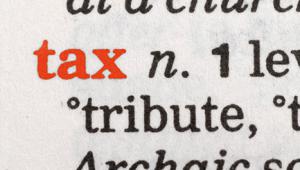The commission has concluded the so-called sweetheart deals reached by the Netherlands with Starbuck’s coffee roasting company, and by Luxembourg with car firm Fiat’s financing company, violated state aid rules.
Following in-depth investigations launched in June 2014, the commission concluded the agreements amounted to selective tax advantages and used “artificial and complex methods” to calculate companies’ taxable income. Both governments have been ordered to recover any unpaid tax.
Commissioner Margrethe Vestager, in charge of competition policy, stated: "Tax rulings that artificially reduce a company's tax burden are not in line with EU state aid rules. They are illegal.
“I hope that, with today's decisions, this message will be heard by Member State governments and companies alike. All companies, big or small, multinational or not, should pay their fair share of tax."
Luxembourg, the Netherlands and Starbucks have voiced disagreement with the commission’s conclusion.
A statement on the Dutch government website said ministers were “somewhat surprised” about the decision, which concerns a total amount of between €20-30m over several years.
The government of Luxembourg added the country adhered to international standards and did not consider that Fiat Finance and Trade had been granted incompatible state aid or received selective advantages.
However, international tax campaigners welcomed the decision, with charities including Oxfam, ActionAid and Christian Aid backing the commission decision.
Toby Quantril, Christian Aid’s principal advisor on economic justice, said: “The commission has established a principle which is both factually and morally correct and we look forward to seeing the ripples it creates both within and outside Europe.
“Global rules requiring all companies to publish basic information about where they do business and what taxes they pay in each country where they operate would help reveal where these kinds of deals are taking place."













